PALO ALTO, Calif. — A new study reveals that an African psychedelic plant, “significantly” alleviated the symptoms of war veterans with traumatic brain injuries. The plant, Ibogaine, is a naturally occurring compound in the roots of the African shrub Iboga. It has been found to effectively improve functioning, PTSD, depression, and anxiety in military veterans.
This plant-based psychoactive drug has been used in Africa for shamanic rituals for thousands of years. Remarkably, it appears to have no adverse side-effects, with some veterans reporting that this experimental treatment saved their lives.
The research team from Stanford Medicine believes that Ibogaine could potentially rehabilitate and treat PTSD, anxiety, and depression in individuals without brain injuries. Ibogaine, used for millennia, serves various purposes, including as a hallucinogen, hunger and fatigue suppressant, and even as an aphrodisiac. However, its main active ingredient from the West African shrub Tabernanthe Iboga, which grows in Congo and Angola, can be fatal.
In the United States, Ibogaine is classified as a Schedule I-controlled substance, not approved for legitimate treatment. In the United Kingdom, while possessing the substance is legal, distributing it outside of a medical environment is not. Recent scientific studies have highlighted its effectiveness in treating addiction therapy and depression.
This latest study, published in Nature Medicine, adds to the evidence supporting the drug’s effectiveness. Researchers from Stanford University focused on treating U.S. special forces veterans suffering from traumatic brain injuries (TBIs), defined as disruptions in normal brain functioning due to external forces like explosions or vehicle collisions. These injuries can lead to neuropsychiatric symptoms.
Thousands of U.S. troops in recent conflicts in Afghanistan and Iraq have sustained TBIs, suspected to contribute to high rates of depression and suicide among military veterans.
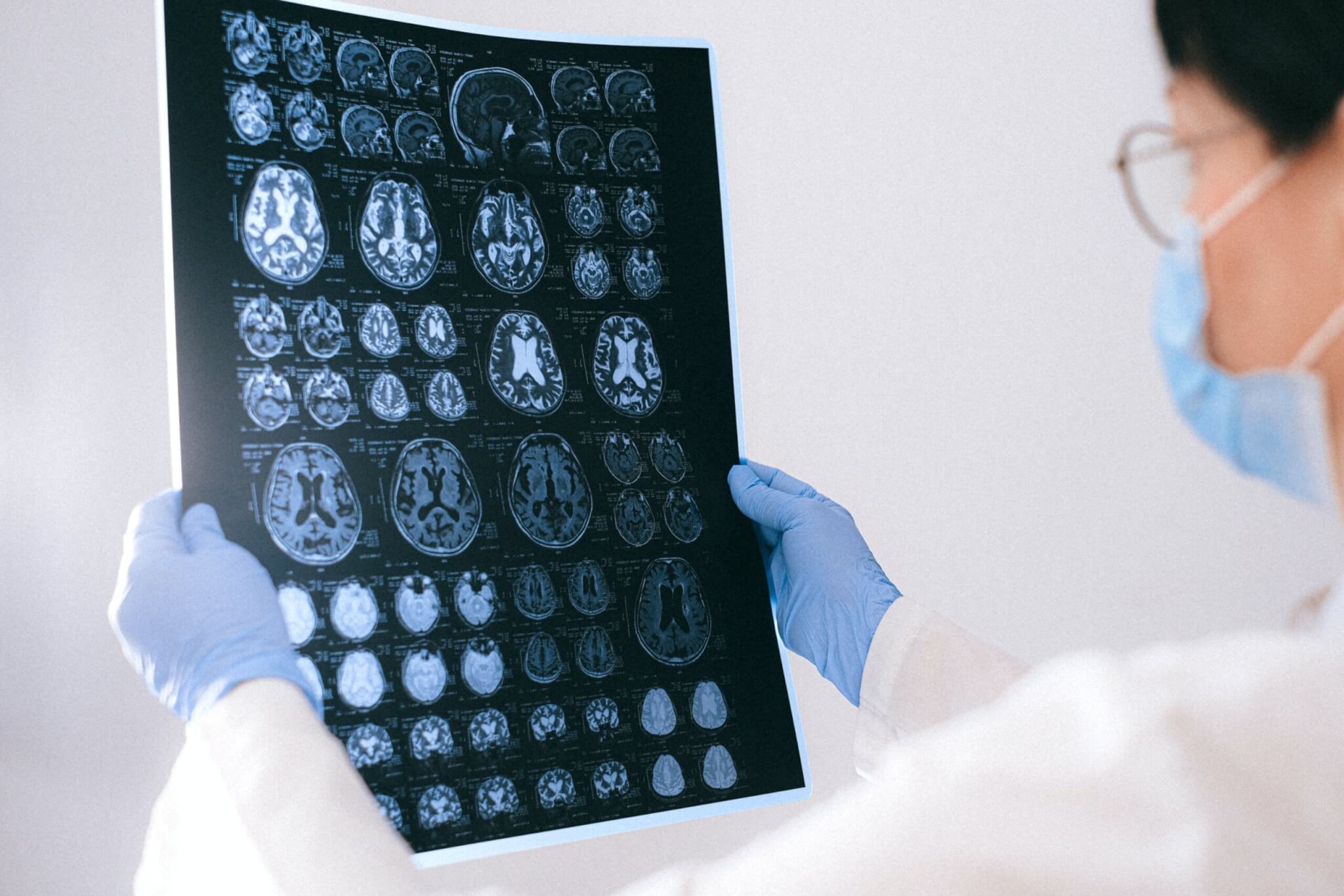
With mainstream treatment options not fully effective for some veterans, researchers are exploring alternative therapies. Ibogaine has recently garnered interest for treating opioid and cocaine addiction, increasing the signaling of brain molecules linked to drug addiction and depression.
Since 1970, Ibogaine has been a Schedule I drug in the U.S., restricting its use. Consequently, some Americans reportedly travel to Canada and Mexico, where ibogaine treatments are legal. Dr. Nolan Williams, an associate professor of psychiatry and behavioral sciences at Stanford Medicine and the study’s lead author, notes the successful treatment of military veterans in such clinics.
“There were a handful of veterans who had gone to this clinic in Mexico and were reporting anecdotally that they had great improvements in all kinds of areas of their lives after taking ibogaine,” Williams says in a media release. “Our goal was to characterize those improvements with structured clinical and neurobiological assessments.”
The research team collaborated with VETS, Inc., a foundation that facilitates psychedelic-assisted therapies for veterans. They selected a group of 30 special operations veterans, all with a history of traumatic brain injury (TBI) and repeated blast exposures. Nearly all members of the group were experiencing severe psychiatric symptoms and functional disabilities. Each had independently arranged their treatment with ibogaine at a clinic in Mexico.
In addition to ibogaine, the veterans received magnesium during their treatment to prevent potential heart complications associated with the drug. Before their treatment, researchers evaluated the participants’ levels of PTSD, anxiety, depression, and overall functioning. These assessments were based on self-reported questionnaires and clinical evaluations.
The veterans then traveled to the Mexican clinic, operated by Ambio Life Sciences, where they orally received ibogaine and magnesium. Following the treatment, they returned to the United States for post-treatment assessments.
“These men were incredibly intelligent, high-performing individuals who experienced life-altering functional disability from TBI during their time in combat,” Williams notes. “They were all willing to try most anything that they thought might help them get their lives back.”
At the start of the study, participants displayed clinically significant levels of disability, as measured by the World Health Organization Disability Assessment Scale 2.0. Additionally, 23 met the criteria for PTSD, 14 for an anxiety disorder, and 15 for alcohol use disorder. Nineteen participants had experienced suicidal thoughts in their lifetimes, and seven had attempted suicide.
On average, ibogaine treatment led to significant improvements in functioning, PTSD, depression, and anxiety across the group. These positive effects persisted for at least one month post-treatment, as observed at the study’s conclusion. Before treatment, the veterans had an average disability rating of 30.2, indicating mild to moderate disability. One month after treatment, this rating dramatically dropped to 5.1, suggesting the absence of disability.
Moreover, participants experienced substantial reductions in symptoms one month after treatment: an average decrease of 88 percent in PTSD symptoms, 87 percent in depression symptoms, and 81 percent in anxiety symptoms compared to their pre-treatment levels. Formal cognitive testing also indicated improvements in concentration, information processing, memory, and impulsivity among the participants.
“I wasn’t willing to admit I was dealing with any TBI challenges. I just thought I’d had my bell rung a few times — until the day I forgot my wife’s name,” says Craig, a 52-year-old study participant from Colorado who served 27 years in the U.S. Navy. “Since [ibogaine treatment], my cognitive function has been fully restored. This has resulted in advancement at work and vastly improved my ability to talk to my children and wife.”
“Before the treatment, I was living life in a blizzard with zero visibility and a cold, hopeless, listless feeling,” adds Sean, a 51-year-old veteran from Arizona with six combat deployments who participated in the study and believes ibogaine saved his life. “After ibogaine, the storm lifted.”
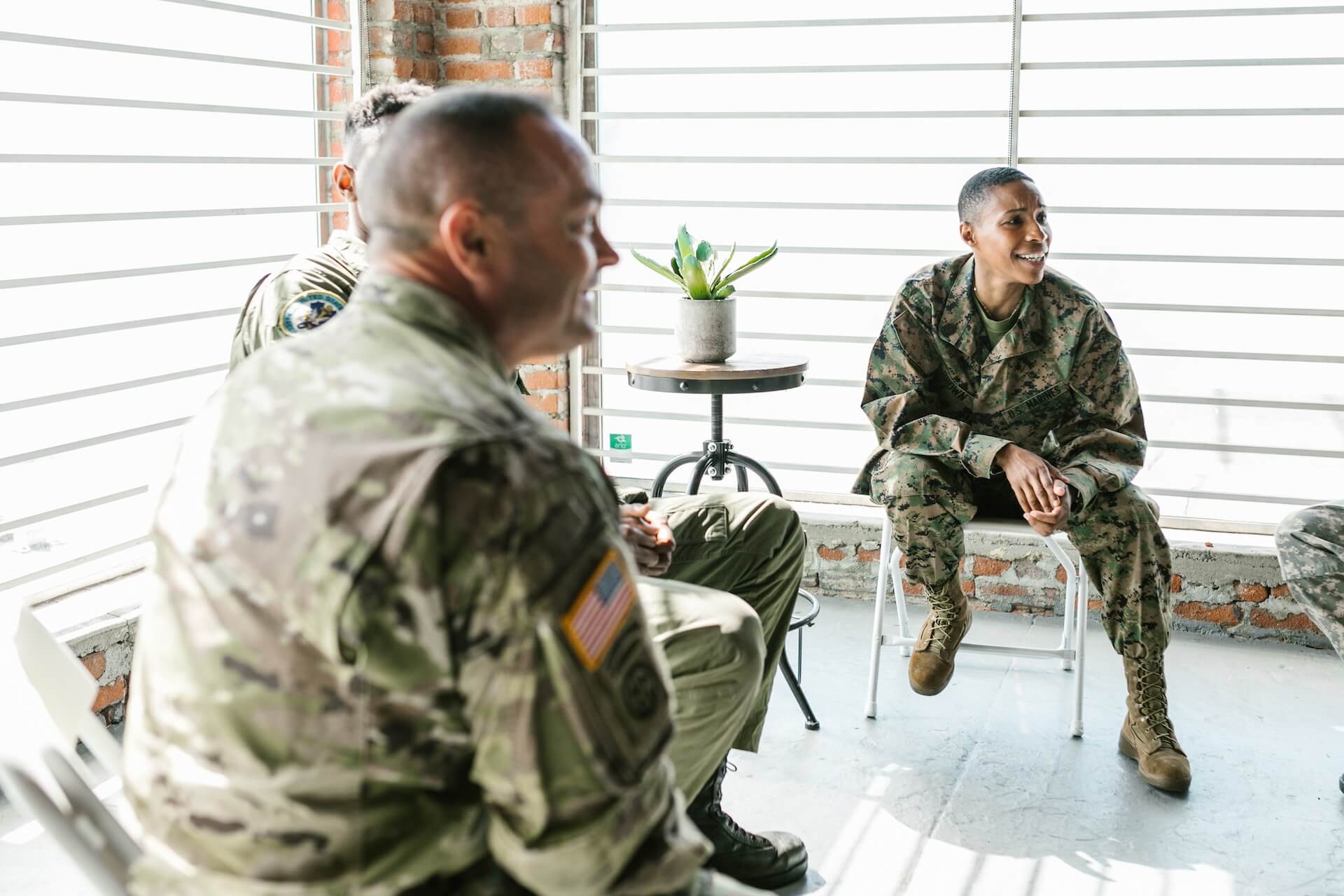
The team did not record any serious side-effects during the treatment, nor were there any instances of heart problems linked to ibogaine. During treatment, veterans reported only typical symptoms such as headaches and nausea.
“No other drug has ever been able to alleviate the functional and neuropsychiatric symptoms of traumatic brain injury,” says Dr. Williams. “The results are dramatic, and we intend to study this compound further.”
Williams and his team are planning to release further analysis of additional data collected on the veterans but not included in the current study, including brain scans that could help reveal how ibogaine led to improvements in cognition. They also hope to launch future studies to further understand how the drug might be used to treat TBI.
“In addition to treating TBI, I think this may emerge as a broader neuro-rehab drug,” Williams concludes. “I think it targets a whole host of different brain areas and can help us better understand how to treat other forms of PTSD, anxiety and depression that aren’t necessarily linked to TBI.”
You might also be interested in:
- Former NFL players still show signs of brain injuries 12 years later
- LSD the cure for OCD? Study reveals potential benefits of using psychedelics
- America’s 15 Best Cities For Veterans & Their Families
South West News Service writer James Gamble contributed to this report.

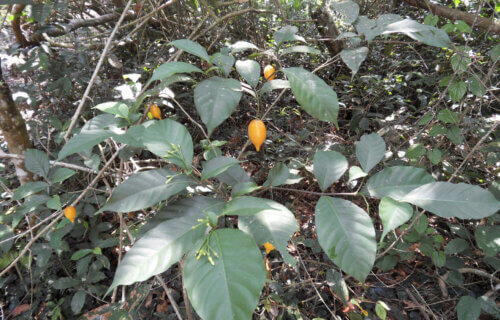
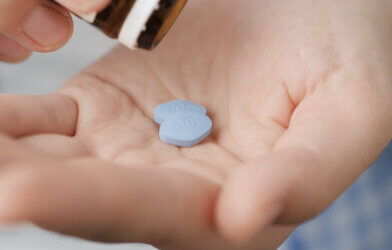
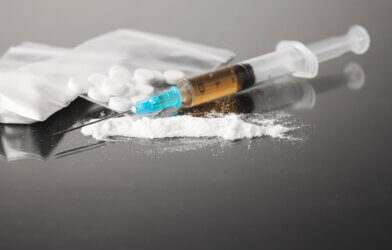
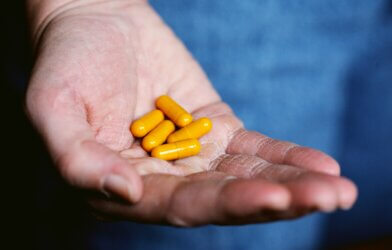
It’s so exciting to see the benefits of Iboga being reported. It is a wonder medication in so many areas. The amount of lives that can be saved between its ability to stop addiction and the repairs to brains with traumatic injuries is staggering. Here’s hoping that big pharma doesn’t malign this medicine in the name of greed.